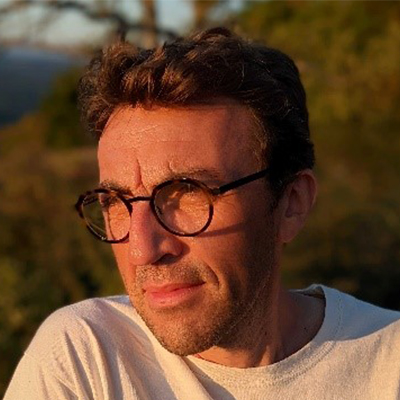
Ludovic Berthier received his Ph. D. in theoretical physics at the Ecole Normale Supérieure in Lyon, France. He was a Marie Curie Postdoctoral Fellow at the Department of Theoretical Physics at Oxford University (UK) until 2003. In 2004 he was appointed as a CNRS researcher at the Laboratoire Charles Coulomb at University of Montpellier (France), where he is now Director of Research. In 2007, he was a visiting scientist at the James Franck Institute of the University of Chicago (US). Since 2019 he is a Visiting Professor at the University of Cambridge (UK) where he is a Fellow of Churchill College.
He works on the statistical mechanics of disordered materials, nonequilibrium systems, and soft matter. He performs theoretical research and computer simulations to develop a fundamental understanding of the structure and dynamics of a broad range of materials that we use on a daily basis, from sandpiles, emulsions, pastes and to window glasses, molecular fluids and active and biological systems.
Glass is everywhere. We use and are surrounded by glass objects which make tangible the reality of glass as a distinct state of matter. Yet, glass as we know it is usually obtained by cooling a liquid sufficiently rapidly below its melting point to avoid crystallisation. The viscosity of this supercooled liquid increases by many orders of magnitude upon cooling, until the liquid becomes essentially arrested on experimental timescales below the ``glass transition'' temperature. From a structural viewpoint, the obtained glass still very much resembles the disordered liquid, but from a mechanical viewpoint, it is as rigid as an ordered crystal. Does glass qualify as a separate state of matter? I will provide a pedagogical perspective on this question using basic statistical mechanical concepts. I will review recent theoretical results suggesting why and how an ``ideal glass'' can indeed be defined as a separate equilibrium state of matter and discuss modern computer simulations trying to analyse this glass state. I will close with some experimental perspectives.